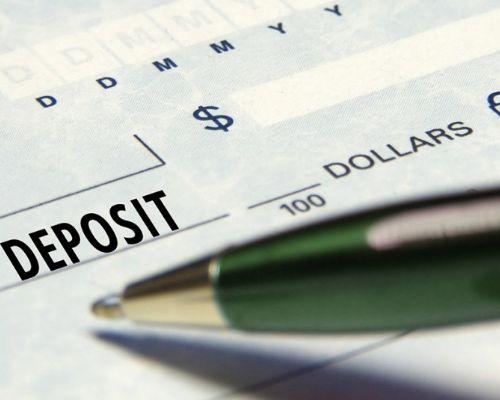When a tenant moves into a rental property, he or she will pay the landlord rent deposits in addition to first month’s rent. This deposit will be returned to the tenant at the end of the lease term, as long as the tenant follows all the terms of the lease agreement.
Define rent deposits.
Rent deposits are monetary funds furnished by tenants to their landlords in guarantee of rent payment and adherence to the tenant's contractual obligations as outlined in the lease. Rent deposits deed will specify the circumstances in which the landlord can draw on this money and the conditions that must be satisfied for the deposit to be repaid to the tenant.
What makes lessors appreciate rent deposits?
Rent deposits are preferred by landlords due to their convenient availability as funds that can be withdrawn immediately in the event that the tenant violates a pertinent covenant in the lease. Court action is not required to recover the debt or enforce performance of the obligation. Tenants are not generally too keen on rent deposits as they lock up capital, often for a lengthy period.
At what time is the rent deposit due?
Rent deposits are required upon the assignment of an existing lease or the issuance of a new lease. If the landlord does require a rent deposit it will usually be for one of the following reasons;
- The landlord finds the tenant's covenant to be inadequate and, as such, dissatisfactory in the absence of supplementary reassurance.
- The tenant could potentially be a foreign corporation that possesses some, if any, assets in the United Kingdom.
- Due to the fact that it is a newly established enterprise, the tenant is unable to furnish substantiating documentation regarding its previous commendable conduct as a lessee.
When will the tenant receive the returned rent deposit?
In general, rent deposits are refundable under the following conditions:
- The act of assigning obligations as specified in the lease. (In such a case, the landlord may, if deemed suitable, request that the assignee provide a new rent deposit.)
- Leasing agreement termination in accordance with the Landlord and Tenant Act of 1954
- Agreement to terminate the lease early. Agreement-based early termination would preclude forfeiture and disclaimer.
How may we be of assistance?
A member of our staff will have the capacity to draft the agreement and provide guidance on all aspects pertaining to commercial rent deposits, including the party entitled to the interest, the designated deposit holder, the prescribed repayment period, and the conditions under which the landlord may withhold funds from the deposit. With our knowledge and experience, we will ensure that your interests are protected in the most effective manner possible.
If you have any specific questions or would like more detailed advice related to rent deposits, then please contact on 01206500181.
